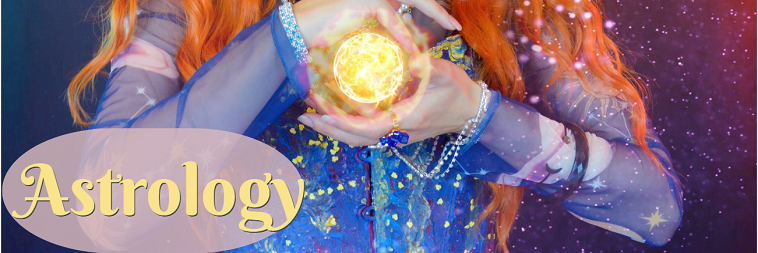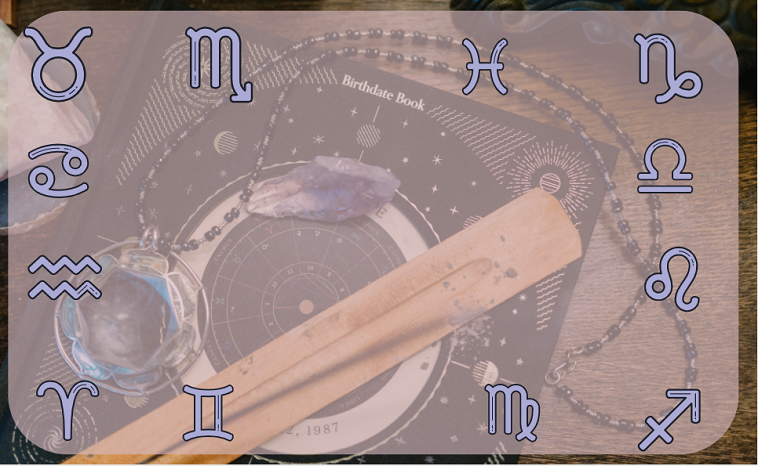Evolutionary Astrology: The Horoscope And How It All Began

Is astrology a science or just a pastime? Numerous scientists, astrologers, astronomers, physicists, but also those who are not, keep having the same argument. Let us explore the basics of astrology in this blog and make our own conclusions.
The Horoscope
The phrase horoscope is put together from the Greek words hora (time) and scopos (observer). A horoscope is a map of the sky over a certain location at a fixed moment in time. It is a graph that represents the position of planets, astrological aspects, the Sun and Moon and their mutual astrological relationships at the time of an event. Most frequently that event is the moment of a person’s birth.
Based on this, nowadays everyone can read their daily, weekly, or monthly astrologic predictions in almost every newspaper and magazine either in print or online. They are often the first contact with astrology for many, especially young people. This type of astrology is very accessible, but it also has a bad reputation. However, qualified astrologers still exist.

How Did It All Start?
A little voyage into the past will help clarify the present. History books are filled with stories of the ancient Babylonians, Egyptians, Indians, Arabs, and Greeks. Among their many achievements, these civilizations were also intrigued by astrology. Our ancestors knew there is a close connection between a person’s time, date and place of birth and their nature.
This knowledge set the foundation for modern astrology. In the beginning though, except for kings and queens, it was uncommon for anybody else to know the date and time of birth. Kings would frequently come to their personal astrologers for advice. They wanted to know about the arrangement of certain planets and their positive or negative influences. The main reason behind their worries? They needed to know the best time to advance connections with their allies or launch an invasion against rivals and other rulers.
Keep in mind that calculating the position of the Sun, the Moon and the planets was a real challenge. It took patience, many hours of free time and a superlative expertise in mathematics. This speaks in volumes about the immense trust they put into these advisors since pure survival and dominance were at stake.
Modern Times
Modern astrology does not have much in common with the ancient kind. In fact, astrology has many branches and disciplines, the most famous and most popular being natal astrology, which deals with the analysis of a person’s horoscope. Based on a few basic details from the birth certificate, an astrologer will tell you whether the planets were in a harmonious relationship or perhaps in conflict.
Many modern leaders, including former United States President Ronald Reagan, French President Jacques Chirac and Francois Mitterrand, had astrologers on their teams. Many believe that US President Barack Obama also consulted an astrologer, since several of his most important statements and actions were made at an opportune moment, astrologically speaking. Obama himself has never confirmed, but neither has he denied having an astrologer.
However, it is not only kings, queens and presidents who can benefit from astrology. It can be a path to self-discovery for everyone, finding out the inmost nature of one’s personality and temperament. Maybe even the purpose of life.
To quote Dane Rudhyar, a modernist composer and humanistic astrologer:
“Astrology is a Language. If you understand this language, The Sky Speaks to You.”

